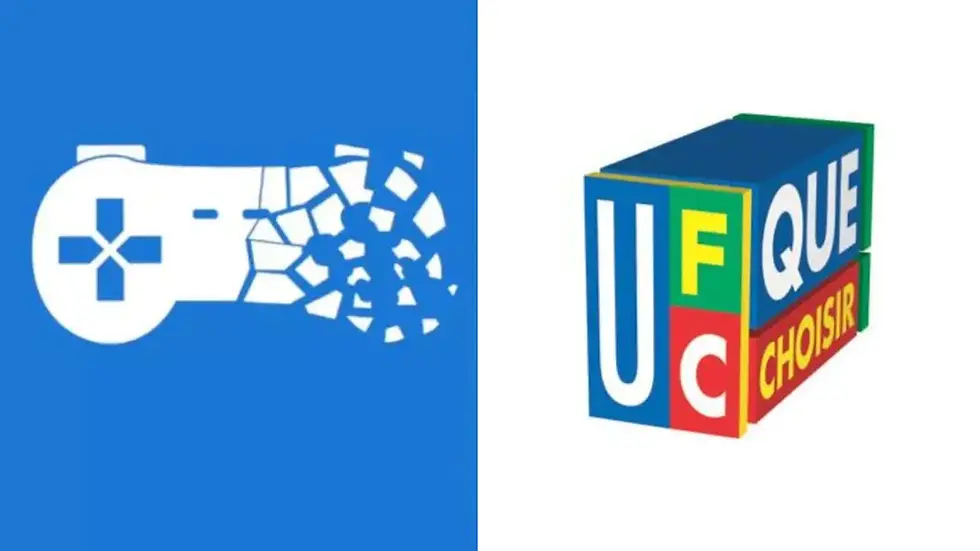Stop Killing Games Petition Nears 50% Verification, DFA Sets Record Submissions
- Sagar Mankar

- Oct 27, 2025
- 3 min read
The Stop Killing Games campaign has hit a significant milestone, with nearly half of its petition signatures now officially verified by the European Union.
Out of the 1,448,270 total signatures, 689,035 have already been confirmed, and 15 countries have met their required thresholds.
While Germany and France, the two largest contributors, are still pending verification, organizers say they are "confident the campaign has already surpassed the necessary benchmarks."

Initially, organizers claimed that around 97% of the collected signatures were valid, but this latest update comes directly from the EU’s verification process.
A Petition That Surpassed Expectations
The petition officially closed on July 31, 2025, with more than 1.4 million signatures, far exceeding the 1 million minimum required under the European Citizens’ Initiative (ECI). In fact, the campaign gathered 145% of the threshold, ensuring a comfortable margin even after accounting for invalid entries.
Germany led with 306,399 signatures, followed by France with 173,146, and Poland with 156,463. All 27 states' numbers are HERE.
Meanwhile, in the UK, a separate petition was necessary due to Brexit. That effort also succeeded, collecting 189,890 signatures by July 14, comfortably surpassing the 100,000 needed to trigger a parliamentary debate. The UK Parliament has already scheduled that debate for November 3, 2025.
The European Parliament has also taken its "first steps" toward addressing the issue. On September 25, 2025, the Internal Market and Consumer Protection Committee (IMCO) approved a request from Polish MEP Piotr Müller to hold a "special expert workshop" dedicated to the initiative. This signals that lawmakers are beginning to take the matter seriously.
The Digital Fairness Act Connection
Once the ECI petition wrapped up, the campaigner shifted focus to the Digital Fairness Act (DFA), a comprehensive EU proposal targeting exploitative digital practices, which began accepting public feedback in July 2025.
According to YouTuber Ross Scott, one of the pioneers of the movement, the DFA already addresses issues like:
Dark patterns that manipulate users into purchases
Addictive mechanics such as loot boxes
Personalized targeting that exploits vulnerabilities
Hard-to-cancel subscriptions
Influencer marketing abuses
Scott argues that game shutdowns fit naturally into this framework. “We’re trying to add a number six here,” he explained, suggesting that piggybacking on existing legislation could be the most effective way forward.
The DFA’s public feedback phase closed on October 24, 2025, with over 4,300 submissions — a record-breaking level of engagement for an EU consultation. Organizers believe this wave of responses will force lawmakers to confront the issue of digital game preservation head-on.
Widespread Political and Industry Outreach
Behind the scenes, Stop Killing Games organizers revealed that they have spent months meeting with Members of the European Parliament (MEPs), national governments, and political parties. Even some European Commission representatives have reached out proactively, signaling that the movement is now firmly on the EU’s political radar.
The campaign also revealed ongoing efforts to secure academic and expert backing.
“We have politicians, lobbyists, and developers in our ranks, but we must credibly address the tough questions,” the team stated. “Once finalized, we’ll make a dedicated announcement.”
Studios and Developers Join the Conversation
Some critics have questioned why the campaign is seeking collaboration with studios, the same entities often blamed for delisting or shutting down games. According to the organizers, the problem doesn’t lie with developers themselves, but with a handful of powerful publishers.
Most European studios, they argue, “have always listened to players and strived to do right by the community.” The campaign insists that this fight isn’t against creators but against corporate systems that treat games as disposable products rather than lasting cultural works.
“Games are art,” the statement reads. “Developers are almost never the problem — they face the same pressures, rushed timelines, and creative compromises that hurt players.”
What’s Next?
The fight is far from over. Organizers are planning public events and hope to bring developers in front of parliament to demonstrate how things could change. They’re also calling on citizens to keep the pressure on by contacting governments, consumer protection groups, and even their favorite studios.
“Our fight is not against a united CEO front,” the campaign stated. “It’s against a handful of companies holding our favorite games hostage.”








Comments